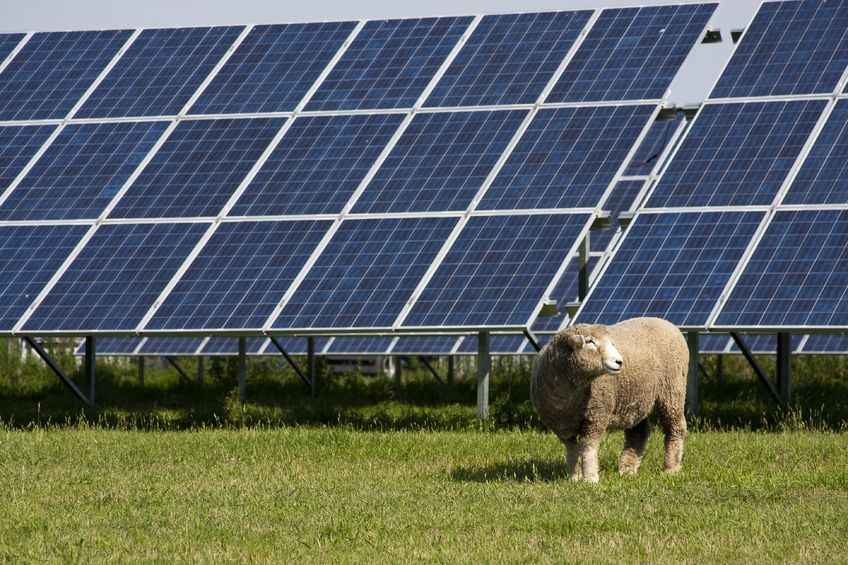
Government plans to end the Feed-In Tariff for new solar schemes from 31 March are triggering a 'spate of mis-selling' in the renewables market.
The Feed-in Tariffs (FIT) scheme is a government programme designed to promote the uptake of renewable and low-carbon electricity technologies.
Introduced in 2010, the scheme requires participating licensed electricity suppliers to make payments on both generation and export from eligible installations.
However, the scheme will close at the end of March, and now farmers and landowners are warned of potential mis-selling in the market.
According to energy consultancy Roadnight Taylor, solar installers are using FiT revenues as a carrot to get over-sized schemes sold by the deadline.
“The mis-selling we’re seeing is extraordinary,” explained director Hugh Taylor, “installers are pushing hard to get people to invest before 31 March, and many of the schemes they are proposing simply won’t give the return on investment they are claiming. Some aren’t viable even if they do make the FiT deadline.”
There is also a danger that applications won’t qualify for the FiT, as offers are based on current deployment levels of each scale of installation, so getting an application in by the deadline does not guarantee acceptance, Mr Taylor warned.
'Carelessly configured'
In one case, a firm was pushing a farmer to install a 1MW solar scheme before the FiT deadline, by quoting an 18% return on investment (ROI).
However, an investigation found that the actual ROI would be about 4%, and that the proposed scheme was inappropriately large and carelessly configured
“We modelled an alternative, 250KW scheme, based on the site’s energy demand profile, which would save £500,000 and yield a return of about 12%,” said Mr Taylor.
To meet the deadline, schemes of 50KWp or lower must be installed, commissioned, and the FiT application submitted by 31 March, while larger schemes must have submitted their preliminary accreditation application by that date, with a six-month window for commissioning.
“Some organisations are lamenting the loss of the FiT export tariff, which provides a minimum price for those exporting to the grid – but in the case of many commercial solar schemes, this is something of a red herring,” added Mr Taylor.
“Whether on a Power Purchase Agreement (PPA) rate or FiT export tariff, you will be exporting at around a third of the price you are buying energy in. So, it’s vital to minimise exports to the grid and use as much of your own energy as possible.”
